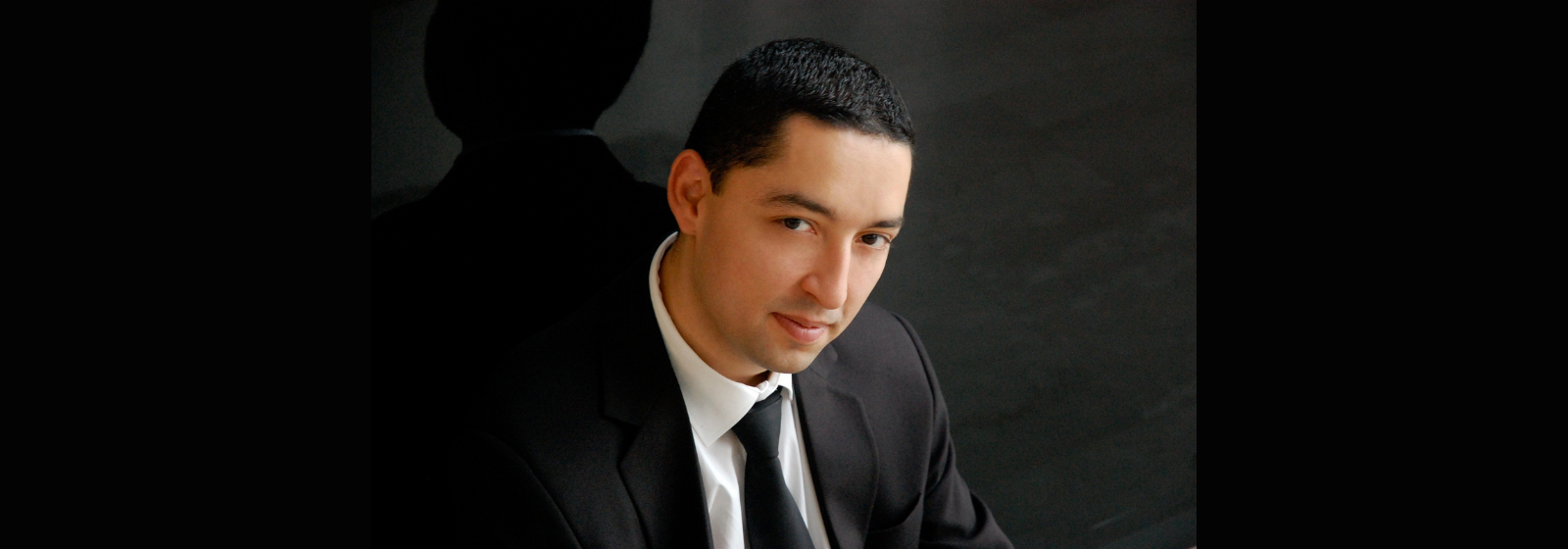
Budapest
LISZT, GRIEG, R. STRAUSS – LAWRENCE FOSTER
Kocsis season ticket 2
Ferenc LISZT: Orpheus – symphonic poem, No. 4, S. 98
Edvard GRIEG: Piano Concerto in A minor, Op. 16
***
Richard STRAUSS: Ein Heldenleben (A Hero’s Life) – tone poem, Op. 40
József Balog – piano
Hungarian National Philharmonic Orchestra
Conductor: Lawrence Foster
The guest appearance of the world-famous American maestro Lawrence Foster, who represents the senior age group of the international community of composers, promises to be among the outstanding events of the season. The musician with Romanian parents has conducted the Hungarian National Philharmonic on several occasions and each visit has attracted an enthusiastic response. This will therefore be like a “homecoming” to the ensemble on which he will conduct three romantic masterpieces. Liszt’s peacefully idyllic Orpheus and Richard Strauss’s grandiose Ein Heldenleben, which alternates heroism with self-deprecating humour, present two stages in the development of the symphonic poem. Between them will be one of the most popular piano concertos of the 19th century, Grieg’s passionate Piano Concerto in A minor, which will be performed by József Balog, one of Hungary’s most versatile pianists.
There are artists – both conductors and soloists – with whom the Hungarian National Philharmonic Orchestra has developed a particularly fruitful relationship in recent years. The audience welcomes performances by these musicians with great enthusiasm time and again, and members of the ensemble itself always look forward to their return. One such special relationship has grown between the orchestra and Lawrence Foster. Although the American conductor was born in Los Angeles in 1941, his parents were Romanian immigrants, so it was no wonder that he often showed an interest in the music of the region during the course of his work, and was always happy to conduct Hungarian and Romanian music (including pieces by Bartók, Kodály, Ligeti and Enescu).

